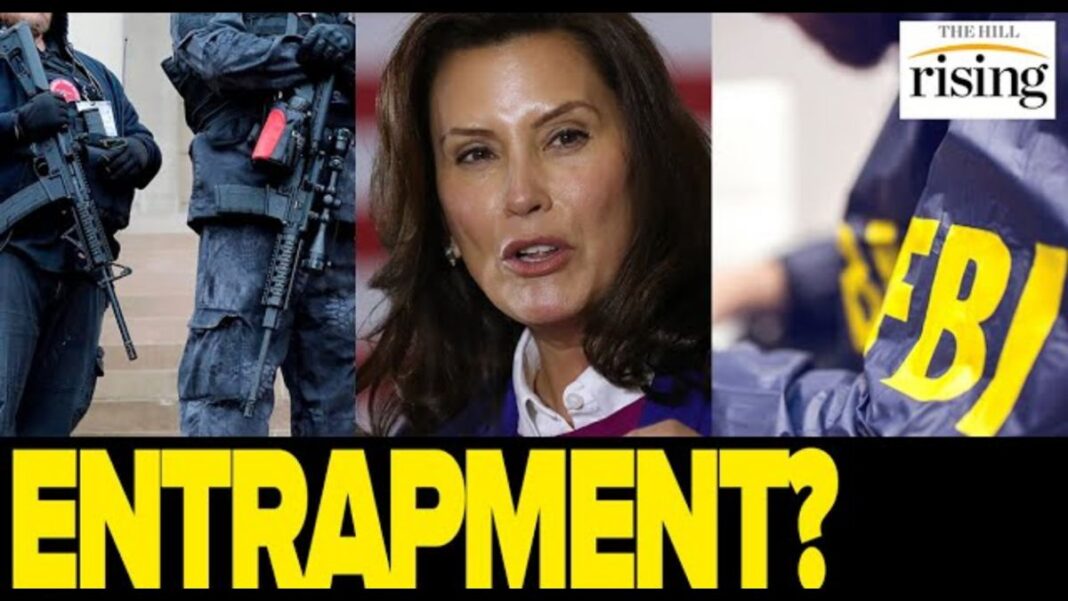
Defense attorneys said they will argue that the FBI “induced or persuaded” the defendants to go along with the violent scheme.
The government employed at least a dozen confidential informants to infiltrate groups of armed extremists who allegedly plotted to kidnap the governor of Michigan, according to a new filing in federal court on Monday.
The filing, made by one of the five defendants in the federal case, asked that prosecutors be ordered to share more information about those informants, their relationship with the FBI, and the specific roles they played in building the case. It came among a blizzard of 15 new defense motions in the high-profile case, including requests to move it to a different district, to suppress evidence from a search warrant, and to try at least one defendant separately from the others.
Taken together, the new court papers offered a glimpse of the evolving defense strategies in the case, with several attorneys saying that they plan to argue that the FBI “induced or persuaded” the men to go along with the scheme.
The alleged plot to kidnap Gov. Gretchen Whitmer made international headlines last October, when the Department of Justice announced it had charged six men in a kidnapping conspiracy. Five of the defendants — Barry Croft, Adam Fox, Daniel Harris, Kaleb Franks, and Brandon Caserta — have all pleaded not guilty and have been held without bail since their arrests. A sixth, Ty Garbin, pleaded guilty and agreed to cooperate in the case in January.
According to the Justice Department, the men met and trained over a six-month period in 2020, during which time they developed a plan to kidnap Whitmer from her second home and possibly take her out of state where she could be put on “trial” for being a “tyrant.” No plan was ever executed before authorities made arrests.
Eight other men were charged under Michigan’s anti-terrorism statutes for providing material support to the plotters. Half of the defendants in the combined cases were members of a militant group known as the Wolverine Watchmen, which was associated with the Three Percenters extremist movement. All but two are from the state of Michigan.
By Jessica Garrison and Ken Bensinger
Read Full Article on Buzzfeed.com






